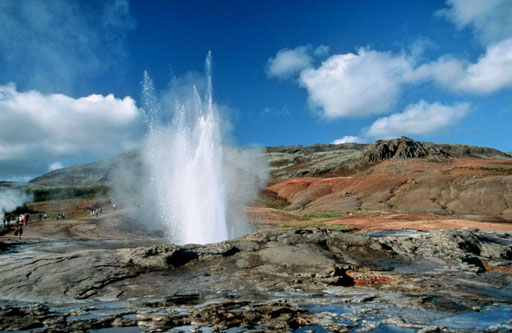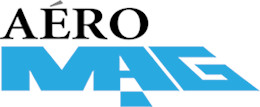Country: Iceland is an island of 103,000 square kilometres, about one-third larger than Scotland or Ireland. More than 11 per cent of the country is covered by glaciers, including Vatnajökull, the largest in Europe.
Capital city: Reykjavík. Keflavík International Airport is located about 50 kilometres from the capital.
Population: 319,000 (Jan 2011). An estimated eight per cent (25,500) is of foreign-born nationality. Median age is 35.6 years.
Language: The official language is Icelandic, a North Germanic language derived from Old Norse. English is widely spoken and understood.
Government: Iceland is a parliamentary constitutional republic. The president is elected by direct popular vote for a term of four years, with no term limit.
Economy: GDP = $13-billion. Unemployment rate: seven per cent.
Currency: The Icelandic monetary unit is the króna (plural krónur) – ISK. CDN$1.00 = 117.53 Icelandic króna.
Time: Iceland is on Greenwich Mean Time (GMT) throughout the year, and does not go on daylight saving time.
Energy: A hot spot of volcanic and geothermal activity, 30 post-glacial volcanoes have erupted in the past two centuries and natural hot water supplies much of the population with cheap, pollution-free heating.
Spa culture: One of the nation’s favourite pastimes is chilling out in the more than 170 geothermal pools dotted across the island’s townships.
Health: Life expectancy, at 81.3 years for women and 76.4 for men, is one of the highest in the world.









